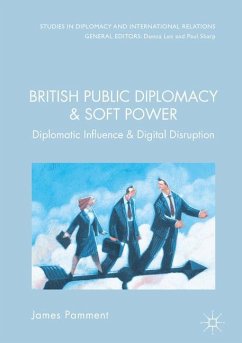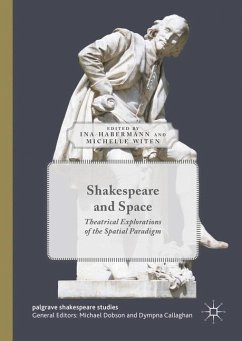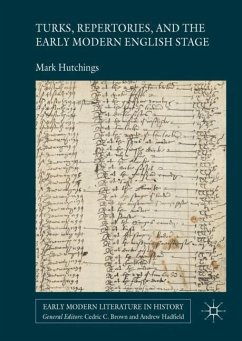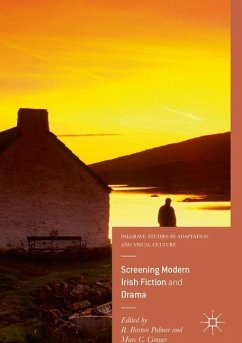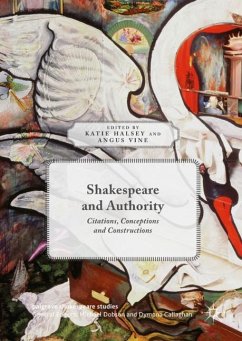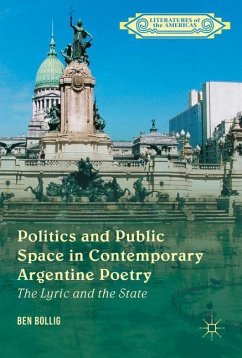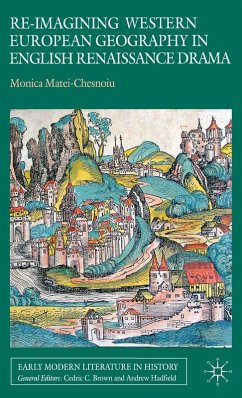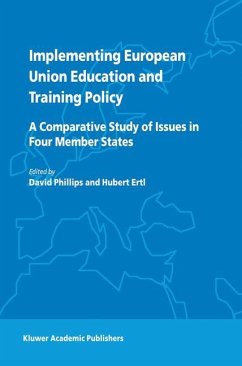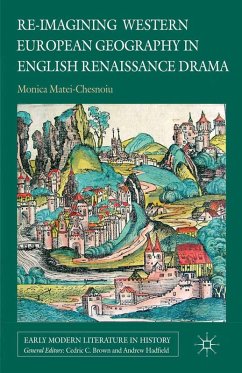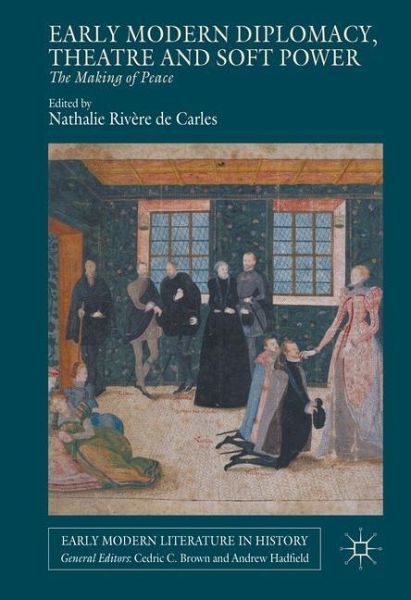
Early Modern Diplomacy, Theatre and Soft Power
The Making of Peace
Herausgegeben: Rivere de Carles, Nathalie
Versandkostenfrei!
Versandfertig in 6-10 Tagen
68,99 €
inkl. MwSt.

PAYBACK Punkte
34 °P sammeln!
This book explores the secret relations between theatre and diplomacy from the Tudors to the Treaty of Westphalia. It offers an original insight into the art of diplomacy in the 1580-1655 period through the prism of literature, theatre and material history.Contributors investigate English, Italian and German plays of Renaissance theoretical texts on diplomacy, lifting the veil on the intimate relations between ambassadors and the artistic world and on theatre as an unexpected instrument of 'soft power'. The volume offers new approaches to understanding Early Modern diplomacy, which was a sourc...
This book explores the secret relations between theatre and diplomacy from the Tudors to the Treaty of Westphalia. It offers an original insight into the art of diplomacy in the 1580-1655 period through the prism of literature, theatre and material history.
Contributors investigate English, Italian and German plays of Renaissance theoretical texts on diplomacy, lifting the veil on the intimate relations between ambassadors and the artistic world and on theatre as an unexpected instrument of 'soft power'. The volume offers new approaches to understanding Early Modern diplomacy, which was a source of inspiration for Renaissance drama for Shakespeare and his European contemporaries, and contributed to fashion the aesthetic and the political ideas and practice of the Renaissance.
Contributors investigate English, Italian and German plays of Renaissance theoretical texts on diplomacy, lifting the veil on the intimate relations between ambassadors and the artistic world and on theatre as an unexpected instrument of 'soft power'. The volume offers new approaches to understanding Early Modern diplomacy, which was a source of inspiration for Renaissance drama for Shakespeare and his European contemporaries, and contributed to fashion the aesthetic and the political ideas and practice of the Renaissance.



